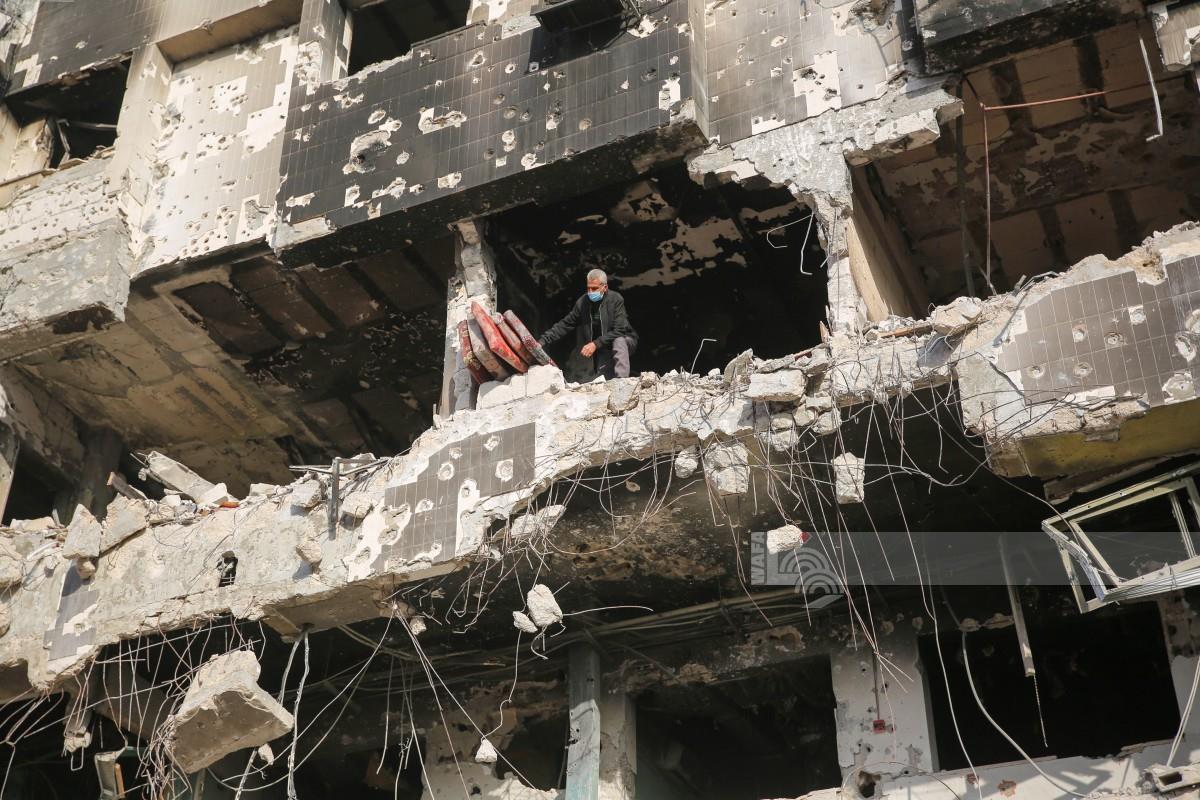Regional leaders engage in urgent discussions with Qatar’s Foreign Minister to address the escalating conflict in Gaza.
Qatar’s Prime Minister Sheikh Mohammed bin Abdulrahman bin Jassim Al Thani held calls with his counterparts across the region, spotlighting the war on Gaza and ways to reach a permanent ceasefire.
Amongst the callers were the United Arab Emirates Foreign Minister Sheikh Abdullah bin Zayed Al Nahyan, Jordan’s Deputy Prime Minister and Foreign Minister Ayman Al Safadi and Turkey’s Foreign Minister Hakan Fidan.
The top officials delved into discussions pertaining to the deep-rooted relations shared between their respective nations and Doha.
However, central to their conversation was the urgent and concerning developments unfolding in the Gaza Strip and the occupied Palestinian territories.
Their phone discussions gravitated towards the imperative need to broker an immediate and enduring ceasefire agreement, with a concerted focus on the release of prisoners and captives.
They also addressed strategies to ensure the sustainable delivery of vital humanitarian aid to all corners of the besieged Strip.
Reaffirming Doha’s unwavering commitment to actively support any regional or international endeavours aimed at fostering security and stability, Qatar’s Sheikh Mohammed reiterated this pledge during multiple conversations.
This comes as the spokesperson for Qatar’s Ministry of Foreign Affairs Majed Al Ansari revealed that Hamas sent the mediators a “positive” response to the proposals that they put forward to Israel and the movement regarding a truce.
Hopes over a ceasefire in Gaza on the seven-month mark of the war first emerged when Hamas accepted the proposal, which entailed a 124-day truce that would eventually lead to a lasting ceasefire.
Despite the latest efforts Israel began its planned ground invasion of the densely-populated city of Rafah in southern Gaza, hours after ordering hundreds of thousands to evacuate the eastern part of the area.
Qatar, the host of a Hamas political office, has been playing a very significant mediating role in the release of captives from Gaza and striving for a ceasefire in the beleaguered Strip.
Doha and Cairo had mediated a week-long truce between November 24 and December 1 that led to the release of at least 110 Israeli and foreign captives from Gaza.
However, talks have been stalled since the truce expired.
Within seven months, Israel has killed at least 34,735 people in Gaza, with 78,108 wounded. Israel also forced at least 1.7 million people into displacement, according to the United Nations.
The Israeli army announced that they captured control over the Palestinian side of the Rafah Crossing, which Gaza shares with Egypt, on Tuesday morning.
The vital Rafah Crossing is the only portal in and out of Gaza and has enabled thousands of injured Palestinians to travel abroad for treatment.
While aid has been barely crossing over into Gaza due to Israel’s complete blockade, the border served as the main entry point for aid trucks.
Rafah is densely populated with at least 1.4 million people, more than half of Gaza’s population, who have been sheltering in the city. Most of the people in Rafah were initially ordered by the Israeli military to evacuate the north in October.







